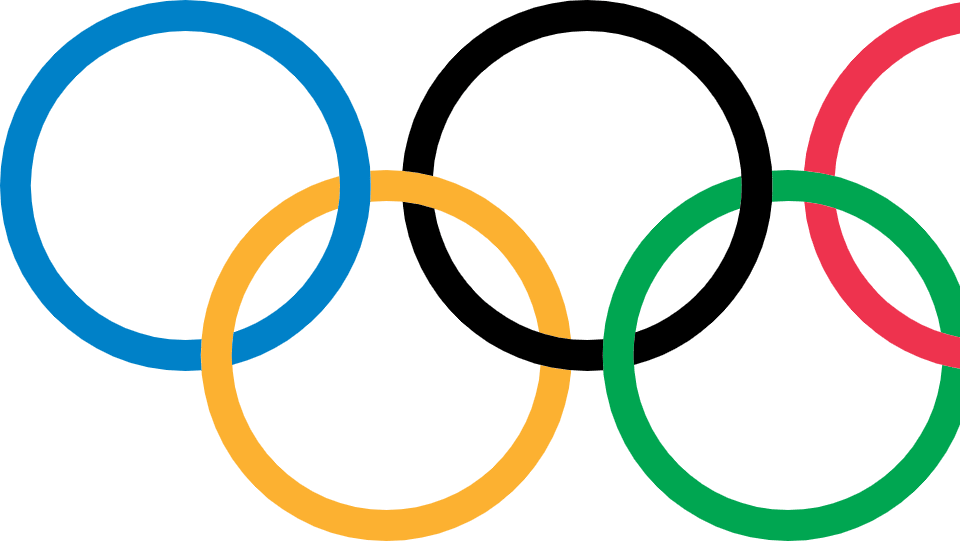Technology debriefing comes to a close
As part of the International Olympic Committee (IOC) Debriefing of the Sochi 2014 Olympic Winter Games, a specific three-day seminar (25-27 June) has been held to debrief the technology elements of these Games. The meetings allowed the Organising Committees of PyeongChang, Rio and Tokyo to discuss with Sochi 2014 and the Games technology partners their experience of delivering the technology services that allowed the Games to function and be transmitted to the watching world. Some of the topics covered included results services, technology infrastructure development, telecommunications provision and spectrum management, showing the wide range of complex technology issues that go into organising the Games.

The debriefing also heard from different clients groups like National Olympic Committees, International Sports Federations, broadcasters, press and the International Paralympic Committee, who all provided their perspective on technology during the Sochi Games, as well as from the IOC’s technology partners - Atos, GE, Omega, Panasonic and Samsung – and Sochi 2014’s local technology partners. This wide range of perspectives will allow the future Games organisers to understand the scope and scale of the technology needs at Games time, and to adapt their planning according to the latest experiences of those who have actually delivered the Winter Games from a technology point of view.
Speaking after the event had concluded, IOC Technology Director Jean-Benoît Gauthier commented, “The Sochi 2014 Games were truly ground-breaking for technology. For example, the Games preparations saw record online engagement by spectators, the creation of an electronic traffic management system and the large-scale development of the mobile and fibre optic networks in the Games region, all of which will deliver a great legacy for the citizens of the region. It was therefore important for us to bring together the experts that delivered and used this technology with those who will need to deliver the solutions for future Games.”
He continued, “Knowledge transfer from Games to Games is part of our DNA at the IOC. Particularly in a field where the need to ensure that our services are delivered flawlessly for the sake of the athletes and the spectators, both in the stadiums and around the world, is of paramount importance. We have been very pleased with the quality of the information that our Games hosts have been able to exchange, as well as the integration of the different stakeholders who will need to collaborate to deliver flawless Games in a country that is at the cutting edge of technological innovation.”